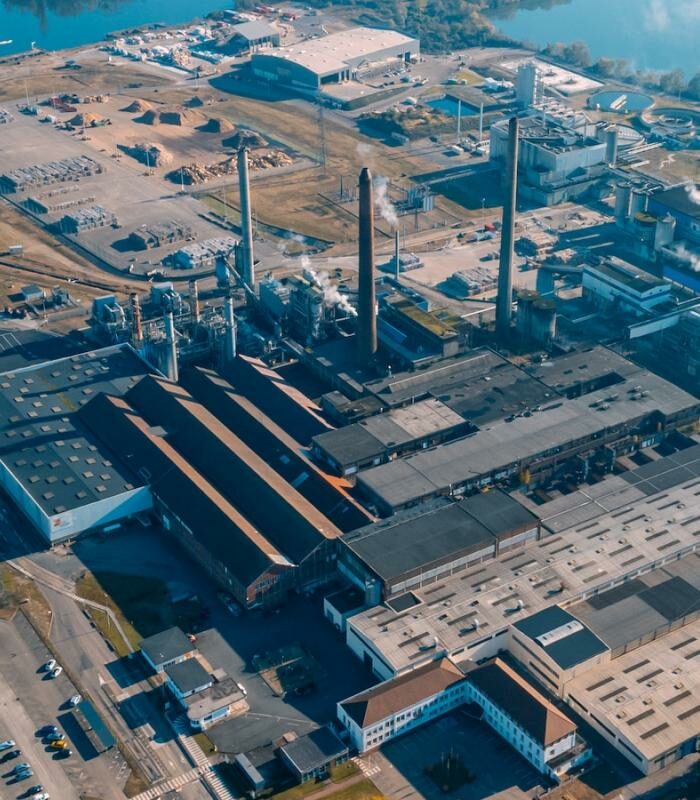The reindustrialization of France has been a topic of debate for several years.
The French manufacturing industry has gone through a difficult period, between the economic crisis of 2008 and globalization. The country has lost many jobs in this sector and production has decreased.
Reindustrialization is a process by which industrialized countries seek to revive their industry by investing in Factory 4.0 technologies. The concept of Factory 4.0 was developed in 2011 by the Fraunhofer IPK in Germany. It is an evolutionary model for the manufacturing industry, based on the implementation of digital technologies to improve the flexibility, efficiency and quality of production processes.
France has embarked on a reindustrialization policy that is already beginning to bear fruit.

Reindustrialization and relocation of factories in France.
In fact, in 2021, more companies were created than closed. The fact remains that France is still not very active in major European industrial projects.
In 2021, many relocations of companies in France, i.e. repatriation of production sites in France, have started.
Such an achievement is necessarily accompanied by a search for optimization of production sites and industrial equipment.
Post-COVID economic crisis induced relocation policy
The logic of industrial recovery initiated by the French government – which is more broadly part of a European policy – must enable the industrial sector to rebuild itself and become more resilient by considerably shortening its supply chains.
This need, resulting from the crisis, can also be seen as an opportunity to accelerate the transition to Factory 4.0.
A sustainable industry thanks to the digital tools of Factory 4.0
Indeed, the Factory of the Future based on the automation of many tasks – thanks to artificial intelligence, the Internet of Things… – allows a reduction in the share of wages compared to the cost of machines.
Thus the cost of labor becomes minor compared to technological performance. The excellence of French industries in the technological field no longer needs to be demonstrated.
This relocation should help reduce the carbon footprint of the industrial sector and mitigate the effects of climate change.
Conclusion
Reindustrialization and Factory 4.0 offer new opportunities for the French manufacturing industry. The digitization of industrial processes allows for better equipment management and greater efficiency, but also are complementary processes that can help reduce the carbon footprint of the industrial sector and mitigate the effects of climate change.
SIRFULL provides digital tools to optimize the life cycles of industrial equipment, making it a key player in this effort to improve the economic and environmental performance of factories.



